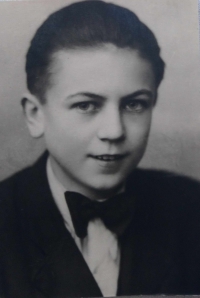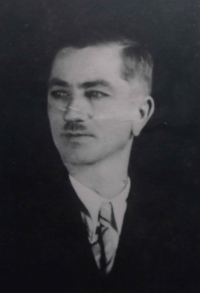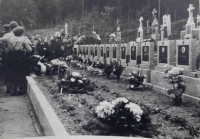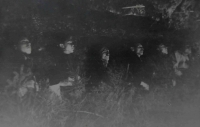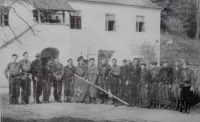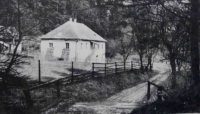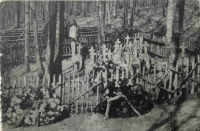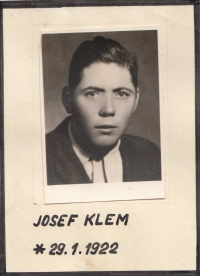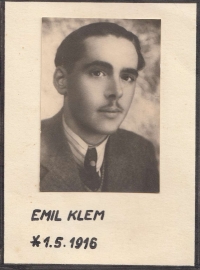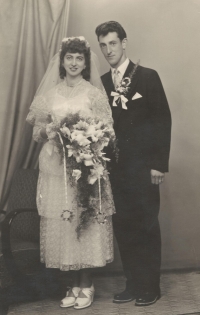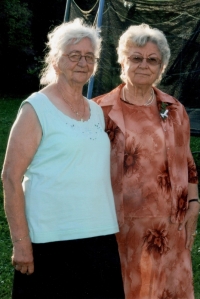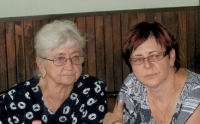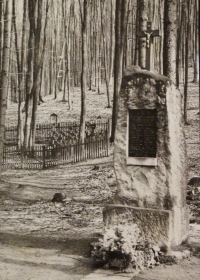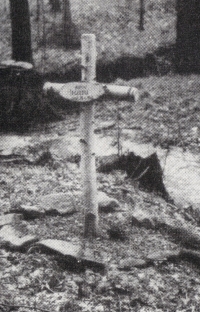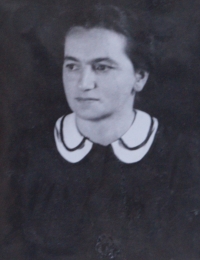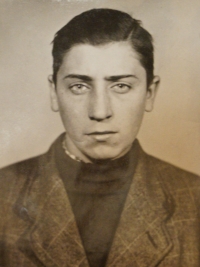I see daddy in everything
Božena Zůbková, née Pravdíková, was born on 13 August 1935 in the village of Salaš near Velehrad in the region of Uherské Hradiště. As the youngest child she grew up with two sisters and a brother. Together with their parents and grandparents, they lived in a small house and made their living at a small farm. Since the establishment of the guerrilla troop called Olga in January 1945, which was subject to the 1st Czechoslovak guerrilla brigade Jan Zizka and operated in the area of Salaš, František, the father of witness, and her brother were involved in helping the guerrillas. On the basis of not yet fully understood circumstances, both of them became along with eight other members of the extended family, became the victims of the so-called Salaš tragedy. On April 29, 1945, 19 men were shot and one woman stabbed to death. They probably fell into the trap of Gestapo members disguised as guerrillas. Under the cover of recruitment to the guerrilla troop and the training of firing weapons they were brought to the forest, called Vápenice, and all shot were on the spot. The only female victim was Aloisie Špičáková, who took part in the event as an unwanted witness. Bozena lost ten relatives. After the war she graduated from the secondary school in Velehrad and apprenticed seamstress in Uherské Hradiště. She got married and raised three children. Nowadays she still lives in Salaš.
